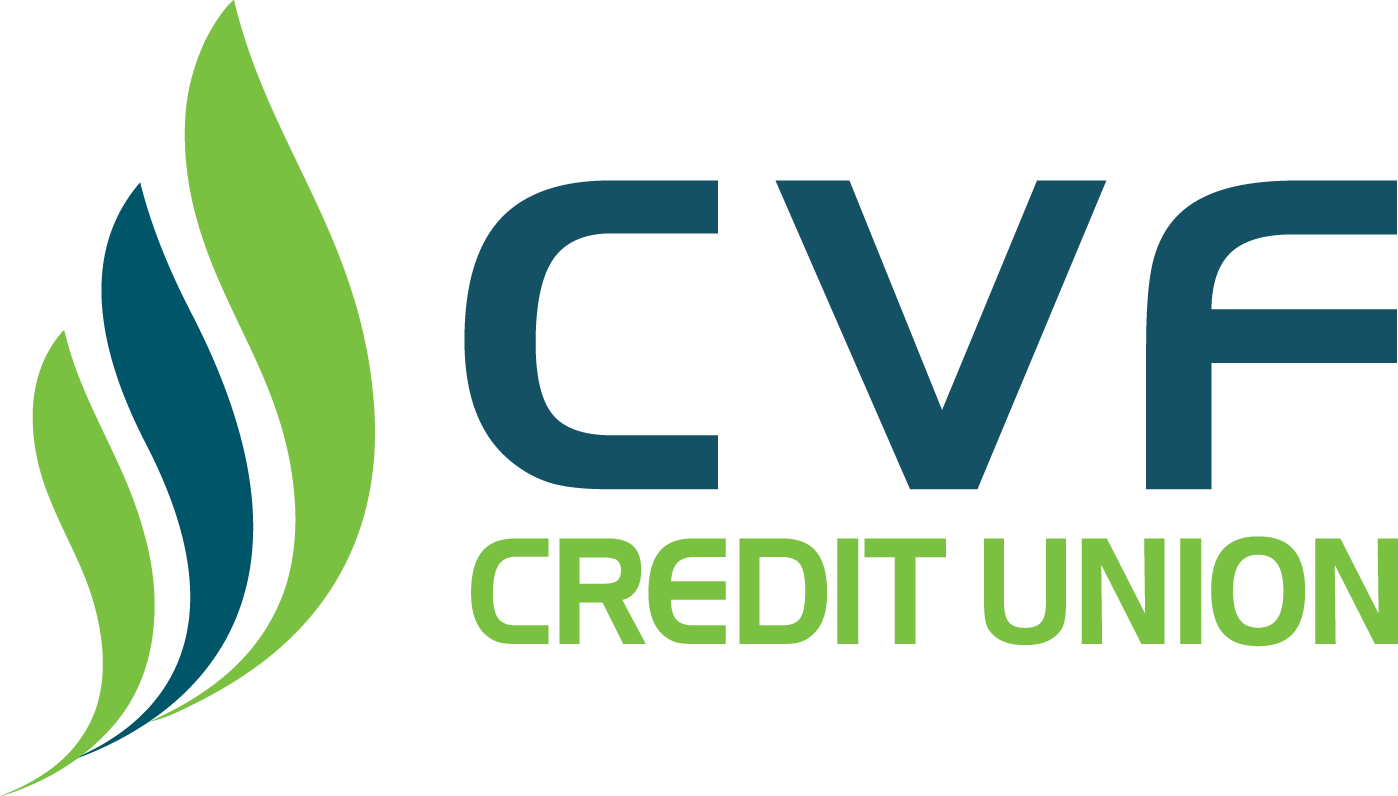Take control of your finances: budgeting strategies for financial wellness
When it comes to improving your financial health, budgeting is one of the most important strategies for achieving financial freedom. While creating and sticking to a budget may seem overwhelming, it’s key to taking control of your finances and ensuring your future plans are underway. But don’t worry; these financial wellness tips will help you build a plan that suits your needs.
What is budgeting, and why is it important?
Budgeting is creating a spending plan for your money and tracking your expenses to ensure you stay within that plan. It helps you be mindful of where your money is going and ensure you use it to reach your financial goals. Budgeting is a way to manage your money without worrying about the future.
How can budgeting strategies improve your financial situation?
Budgeting is one of the most important strategies for improving your financials. Creating and following a budget can reduce debt, save money, and plan for the future. Many budgeting strategies can help you manage your money more effectively and achieve your financial goals. Let’s take a closer look at what they are and how they work.
The beginning of all budgets: the overview
Regardless of which budget strategy you choose, they all start from the same point.
Using budgeting apps and software to make tracking easier
The first step to budgeting success is to track your spending. This involves noticing where your money is going and categorizing your monthly expenses. Remember, you should track everything – even the cash tips and donations you give people. You can old-school it and write it down, use an Excel spreadsheet – these are simple enough to set up but very manual. Luckily, there are many budgeting apps and software programs available that can make the process of tracking your spending easier. These apps and programs can help you categorize expenses, set budget goals, and track progress. Some apps will need you to link your bank account to them, so ensure they are reputable and safe.
Cut costs and save money: how to reduce your monthly expenses
Once you know where your money is going, you can make changes and cut costs. It can become tricky, especially if your belt is already tight, but look at your spending habit objectively. Cutting costs could involve reducing your spending on entertainment, eating out, or shopping. It could also involve reducing your monthly bills by switching to a different provider or shopping around for a better deal. Remember to be realistic about your expenses and leave some wiggle room, if possible.
The Envelope Method: a practical approach to budgeting
The envelope method is a practical approach to budgeting that involves dividing your money into categories and putting cash into envelopes for each category. This allows you to only spend what’s in each envelope and helps you stay within your budget.
The 50/30/20 Rule: achieving financial balance
The 50/30/20 rule is a popular budgeting plan that suggests dividing your income into:
- 50% for needs,
- 30% for wants, and
- 20% for savings and debt repayment.
This can help you allocate your money in a way that allows you to meet your financial goals and enjoy life at the same time.
Zero-Based Budgeting: maximum control
Zero-based budgeting is a method that involves starting with a blank slate each month and allocating every dollar of income to specific categories until you reach zero. This gives you maximum control over how you spend your money and can help you stay within your budget.
Budgeting to reduce debt
Budgeting is also a great way to reduce debt. By allocating more money towards debt repayment, you can pay off any outstanding debts more quickly and save money in the long run.
Successful long-term financial wellness tips
Creating and maintaining a healthy financial future requires commitment and effort. However, the payoff can be tremendous. Financial wellness is key to achieving long-term financial security. Here are some tips to help you create a healthy financial future:
- Create a budget: This will help you keep track of your income, expenses, and savings, so you can make smart decisions about allocating your money.
- Make saving a priority: Automate your savings so that a portion of your income is deposited into a savings account each month.
- Have a plan for debt repayment: Make a list of your debts and prioritize repayment. Consider consolidating your debt to reduce your interest rate and simplify repayment.
- Be mindful of your spending: Make conscious decisions about your purchases and avoid buying impulsively. Reflecting on whether a purchase is necessary can help you save money in the long run.
- Review your budget regularly: Regularly review your budget and expenses to ensure you’re on track to meet your financial goals.
You don’t have to do this alone!
At CVF Credit Union, we are dedicated to helping our members achieve financial wellness. If you need help getting started with budgeting or have any questions, don’t hesitate to contact us. We’re here to help you take control of your finances and achieve financial freedom. With the right budgeting strategies and willpower, you can create a secure financial future for yourself.



